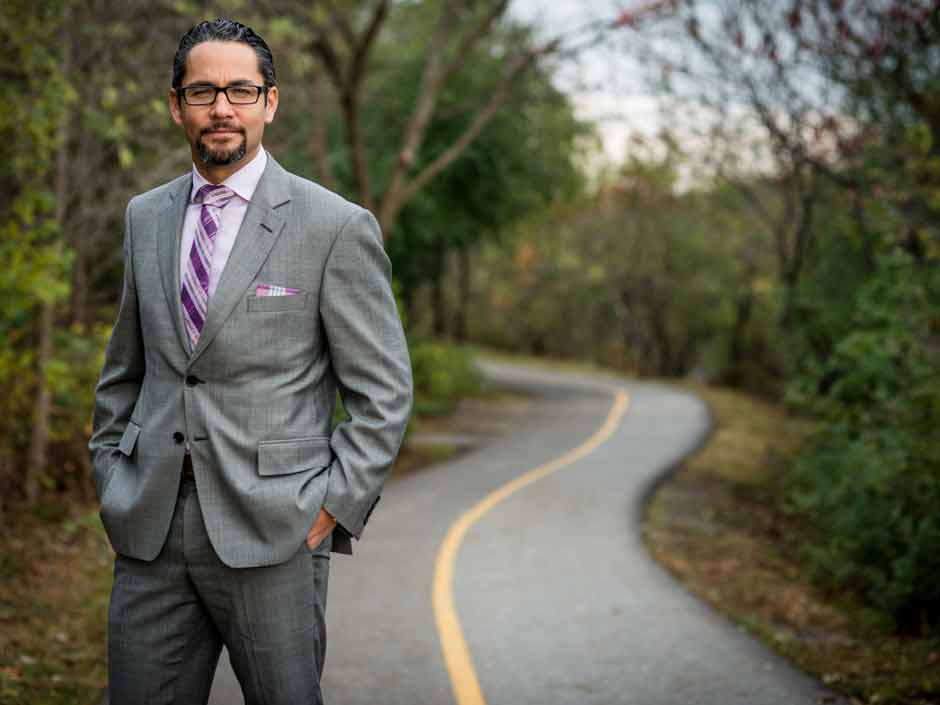
St. Paul’s Chancellor explains how Canadians can foster economic reconciliation—and why it’s vital that we do
A winery in BC’s Okanagan Valley. A coffee company in Orleans, Ontario. An airline that carries 250,000 passengers every year across Canada’s north.
The Indigenous economy contributes $31 billion to Canada’s gross domestic product, and about $12 billion of that is generated by thousands of Indigenous entrepreneurs who have created businesses like these.
These innovators and creators are building new opportunities for themselves, for their communities, and for the rest of Canada. It’s not an easy task, given the socioeconomic barriers too many First Nations, Inuit, and Métis people continue to face. And while the Truth and Reconciliation Commission provided a roadmap for creating a more equitable society, many Canadians struggle to understand how, as individuals, we can help break those barriers.
But there’s hope, says JP Gladu, Chancellor of St. Paul’s University College and President and CEO of the Canadian Council for Aboriginal Business (CCAB).
Gladu believes that by supporting Indigenous businesses, Canadians can achieve economic reconciliation and build an economy where all participants have an equal opportunity to succeed and prosper.
While CCAB helps Indigenous businesses succeed by building relationships with governments and corporations, he says there’s one simple thing each of us can do to promote economic reconciliation.
“If you want to make an impact, change the way you buy your goods and services. There are over 50,000 Aboriginal businesses across Canada including printers, designers, lawyers, architectural firms, engineering firms, road construction firms, caterers, restaurant owners, and so much more. Review your needs and then show your support by purchasing goods and services from Indigenous entrepreneurs. At its base, that’s economic reconciliation.”
Like a pebble dropped into a pool, buying Indigenous creates a positive ripple that reaches far beyond the initial transaction. Besides the economic impact of job creation, many Indigenous entrepreneurs, like Dragon’s Den participant Jenn Harper of Cheekbone Beauty, invest a percentage of their profits into programs that provide clean water, educational opportunities and more to their communities. (A directory of Certified Aboriginal Businesses like Cheekbone Beauty can be found on CCAB’s website.)
With Indigenous entrepreneurs launching nine businesses for every one non-Indigenous venture, it is estimated that the Indigenous economy will reach $100 billion by 2024. So, supporting Indigenous businesses makes sense, not just ethically but economically.
“I think Canadians fundamentally believe we shouldn't be leaving anyone behind,” Gladu says. “Our Indigenous people have been left behind for a very long time. We've got to get caught up. And it's important that we do so, because a stronger Indigenous economy means a stronger Canada. That's the bottom line.”
You can learn more about economic reconciliation when JP Gladu delivers the 2019 Stanley Knowles Humanitarian Service Lecture on October 30th at St. Paul’s University College.